If you ever worry that the tyranny of disorganisation will never let go of your life, look no further. Though organisation is challenging to begin, we provide you with four steps on how to be more organised in the workplace with beginner tasks that will drastically change how you function within your work life and your personal life.
To attempt to be more organised in your life is not to imply that you are functioning incorrectly. We are more than capable of leading productive lives despite being disorganised, albeit we do this at the expense of performing proactively and efficiently. Disorganisation, clutter, and mess affect our psychology and typically means we react to our environment rather than proactively living in it.
An article by Stanford goes into some detail on how disorganisation may affect our psychology, following the findings from Stephanie McMain’s study on the effects visual stimuli have on the brain. The article condenses the study’s findings in laymen’s terms, stating:
“When your environment is cluttered, the chaos restricts your ability to focus [limiting] your brain’s ability to process information. Clutter makes you distracted and unable to process information as well as you do in an uncluttered, organised, and serene environment”.
You can section workplace organisation into four categories:
- Physical Organisation
- Mental Organisation
- Digital Organisation
- Scheduling
Step One: Physical Organisation
With Physical Organisation, a visually pleasing and clean space helps focus on tasks more efficiently. The less chaos we surround ourselves with, the less distraction. Ensuring your files and supplies have dedicated spaces and places is essential. Using tools to help you with this, such as pencil holders, file separators, mini-storage drawers, etc., will prove extremely useful. It is also important to remember that physical organisation is not rigid. It simply allows you to work in a clean space that caters to your specific needs and taste, as well as ensuring your area is as easy to manoeuvre as possible.
Step Two: Mental Organisation
Mental Organisation can be a little more challenging to implement. This involves ensuring you time tasks not to overwork yourself; ensure you take small breaks in-between busy workdays, maintaining routines, and remaining mindful of work vs personal life balance and mental health. There are many digital tools/applications to help with your mental organisation.
An essential part of mental organisation is ensuring you care for your mental health. It is necessary to remain proactive in your mental health, establishing a safe space at work should you ever feel overwhelmed. Being mindful that you are not burning yourself out will allow you to work most efficiently throughout the year.
Applications like Calm or Headspace are only two in a vast market of self-care apps. You can read more here about the best apps to keep your daily life running smoothly.
Step Three & Four: Digital Organisation and Scheduling
We can combine Digital Organisation and Scheduling in one paragraph as typically we can use digital organisation to help us schedule.
Digital Organisation in this time can feel like Alison in Wonderland’s rabbit hole. Digital organisation is beneficial for those who spend most of their workdays on a computer. Even for those of us who do not, using applications on our smartphones to help keep track of shifts and tasks completed ensures accountability and enables us to remain on top and even at times ahead of schedule. For those of us using our computers all day – project managing applications such as Smartsheet or Microsoft Tasks by Planner allow us to work effectively. These applications will enable us to keep track of projects visually appealing and see the progress of specific tasks and the timeline of projects. You can also simply use them for task management purposes.
A Nifty App Can Help
Digital Organisation is not only using nifty apps; it also includes using your storage efficiently. Cloud storage options such as One Drive, Dropbox or Google Drive are helpful as it allows you to access files even if you are away from your physical computer. The ability to search for a file is a little easier. However, like physical organisation – when it comes to digital organisation, it is essential to have your digital files stored and titled in ways that make them easy to access and search.
When it comes to scheduling, this can be anywhere from scheduling your meetings through various applicable apps – Microsoft teams, Outlook, Google Meet, etc. However, it is pertinent that you schedule any meeting, event, or task you may have. Scheduling in your calendar and ensuring you have sections within your day dedicated to specific tasks or meetings allows you to better plan ahead. It enables you to be aware of what you have going on in your work life – perhaps you realise that you can handle a bit more this week, or maybe it’s that you acknowledge that you are overworking yourself this week and need to shift some things around. Scheduling allows us to keep on track with our work and will enable us to take a step back and analyse whether we are overworking ourselves.
The Key is Consistency
Organisation can be a difficult task to begin; however, you have already made the first step through reading this article. The key is consistency and ensuring you do your part in understanding what dynamic works best for you.
Connect by Nova provides many online courses and trainings to enhance your organizational skills and practice various ways to remain organized within the workspace. Please reach out to a Connect by Nova team member at connect@nova.ky to learn more.


